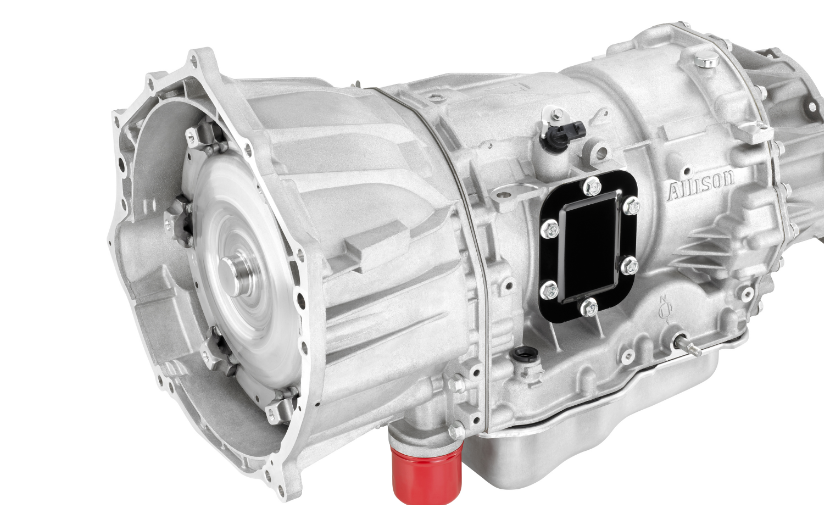GM Transmission Problems? We Can Help
If you have a transmission issue with your GM vehicle, contact Auto Lemon Lawyer now. A few minutes of your time and you may be on your way to recovering thousands of dollars for your defective GM vehicle.
Home »
GM Transmission Problems
General Motors equipped many of its’ models (see below) with 8-speed and ten-speed transmissions. Owners of these vehicles have experienced transmission problems such as hard shifting, shuddering, hesitation, gear shifting problems, leaks and loss of power. Through the years, GM has issued 13 versions of technical service bulletins related to the shifting alone. There are reports that GM has known about the defect for years and that internal company documents indicate that GM acknowledges that the defective transmissions present a safety defect. Further, GM directed their dealers to tell their customers that harsh shifts were “normal” or “characteristic”. Reports indicate that this defect cannot be repaired, and that GM hopes to cure the transmission defects with a redesign in 2023.
Our lemon law attorneys at Auto Lemon Lawyer can assess your eligibility for a possible claim. Call us today at (877) 558-8963 to discuss your options.






GM Vehicles That Have 8 Speed Transmission Issues
General Motors installed its 8-speed transmission in the following vehicles that have documented transmission issues:
- 2015-2019 Cadillac Escalade/Cadillac Escalade ESV
- 2016-2019 Cadillac ATS
- 2016-2019 Cadillac ATS-V
- 2016-2019 Cadillac CTS
- 2016-2019 Cadillac CTS-V
- 2016-2019 Cadillac CT6
- 2015-2022 Chevrolet Silverado
- 2017-2022 Chevrolet Colorado
- 2015-2019 Chevrolet Corvette
- 2015-2022 Chevrolet Camaro
- 2017-2019 GMC Canyon
- 2015-2019 GMC Sierra
- 2015-2019 GMC Yukon/Yukon XL

GM’s 10-Speed Transmission Issues Is An Optional Transmission In The Following Vehicles:
GM owners are also experiencing common issues with their ten-speed transmissions. The problems include gear shifting problems, harsh shifting, slow shifting, vibration while shifting, shaking, slipping gears, stuck in gear, slow throttle response, jerking, shuddering, overheating and clunking noises.
GM’s 10-speed transmission is standard in the following vehicles:
- 2018–2022 Cadillac Escalade
- 2019–2020 Cadillac CT6
- 2020–2022 Cadillac CT5
- 2021–Present Chevrolet Tahoe
- 2021–Present Chevrolet Suburban
- 2020–2021 GMC Yukon Denali
GM’s 10-speed transmission is an option in the following vehicles:
- 2018–2022 Cadillac Escalade
- 2019–2020 Cadillac CT6
- 2020–2022 Cadillac CT5
- 2021–Present Chevrolet Tahoe
- 2021–Present Chevrolet Suburban
- 2020–2021 GMC Yukon Denali
Under state and federal warranty laws, a consumer has a right to be compensated for a vehicle that possesses manufacturing defects that render the vehicle useless or so inconvenient, a reasonable person would not have purchased the vehicle had they known of the defect at the time of sale.

Implied Warranty Of Merchantability
Implied warranties are unspoken, unwritten promises, created by state law, that go from the manufacturer to their customers. In common law states, implied warranties are based upon the common law principle of “fair value for money spent.”
The implied warranty of merchantability is a manufacturer’s basic promise that the goods sold will do what they are supposed to do and that there is nothing significantly wrong with them. In other words, it is an implied promise that the goods are fit to be sold. The law says that manufacturers make this promise automatically every time they sell a product they are in business to sell. For example, when you purchase a brand new vehicle, the manufacturer is promising that it does not have defects and operates on the road as expected and intended. If the vehicle jerks and, shudders, stalls or in any manner renders it unsafe or unfit to drive, then the vehicle is not fit for sale as a vehicle, and the implied warranty of merchantability would be breached. In such a case, the law requires the manufacturer to provide a remedy, including compensation for the difference between the vehicle purchased and the vehicle’s diminished value due to the defect.
Interested in seeing if your GM’s transmission issues qualify? Call us today at (877) 558-8963 or request a free case evaluation online now. We can help assess your eligibility for a possible claim at no charge.
Why You Can Trust Auto Lemon Lawyer
- We Listen. The details of your experience and the damages it has caused you and your family are extremely important to us and your Lemon Law case.
- We Care. With us, you are not a number, a file in a cabinet, you are one of a kind and you matter, especially in your Lemon Law matters!
- Available Resources. We have the financial resources needed to take all measures necessary to provide for the best possible result in your Lemon Law case.
- Experience & Skills. Over 30 years of trial and courtroom experience, including extensive Lemon Law cases.
- Commitment. My life has always been based upon the philosophy if it is worth doing then it is worth doing it right. The value of the Lemon Law case has never dictated my effort or commitment. I do it one way, the right way, especially with Lemon Law.
- Integrity. Honor and character are the foundation of our firm, a principle we uphold in every Lemon Law case.
- Results. While we cannot promise results, we can promise hard work, commitment and integrity which have resulted in the recovery of millions on behalf of our Lemon Law clients. If you demand individual attention and a Lemon Law attorney who is committed to doing his best to represent you, especially in Lemon Law related cases, then you have found that attorney. Contact us and we will fight for you.
Real Clients, Real Results
No legal fees unless we win your case!
Get your free case evaluation today.

